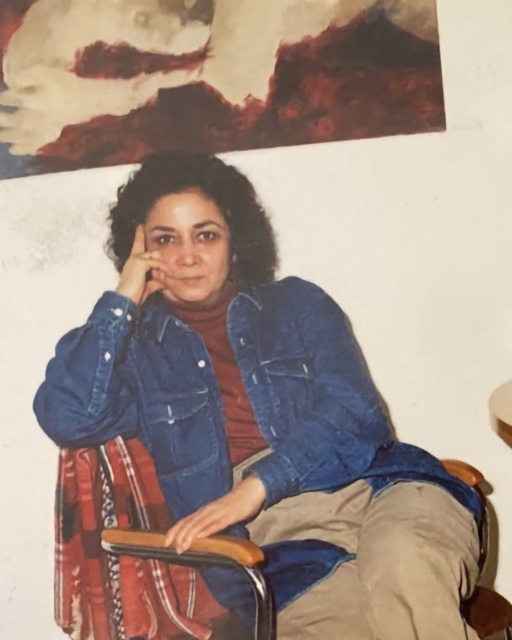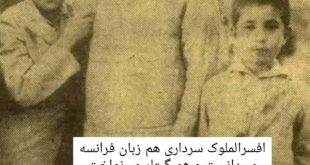The novel was banned soon after publication for its open depiction of female and its challenge to religious and social authority. Yet it circulated in underground copies, becoming a quiet manifesto for generations of women. In 2009, filmmaker Shirin Neshat adapted Women Without Men into an award-winning film that won the Silver Lion at the Venice Film Festival — reintroducing Parsipur’s vision to global audiences. Parsipur’s masterpiece, Touba and the Meaning of Night (1989), is a sweeping, mystical novel tracing one woman’s life from childhood to old age, spanning the turbulent transformations of 20th-century.
The protagonist, Touba, is a deeply spiritual woman whose life parallels history — from the fall of the Qajar dynasty to the rise of the Pahlavis and beyond. Through Touba, Parsipur examines how religion, patriarchy, and modernization shape women’s identities. The novel’s language fuses myth, dream, and philosophy. It reflects Parsipur’s fascination with Sufism and Taoism — portraying existence as cyclical, the body as sacred, and the feminine as a source of divine knowledge.


